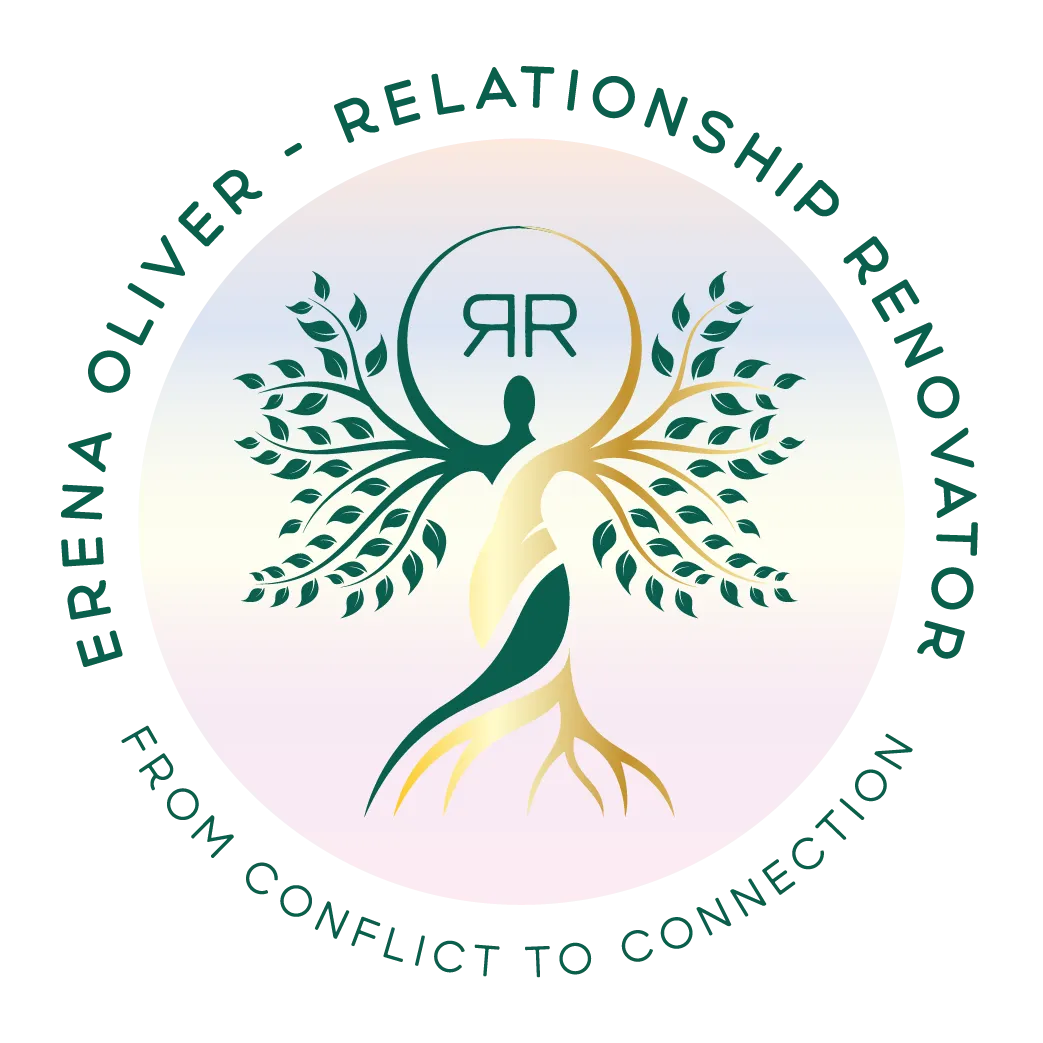Emotional Inheritance: The Hidden Family Heirloom
Discover how emotions can be passed down through generations, just like family heirlooms. This blog explores the concept of emotional inheritance, explaining how it shapes our reactions, impacts our bodies, and influences our relationships. Learn to recognize inherited emotional patterns and find simple steps to create a healthier emotional legacy for yourself and future generations.
Have you ever caught yourself reacting to a situation and thought, “Wow, I sound just like my mom (or dad)!”? Or maybe you’ve noticed your kids mimicking behaviors you thought you’d left behind years ago. If so, you’ve stumbled upon something called emotional inheritance.
Now, don’t worry - we’re not talking about some mystical force here. Emotional inheritance is simply the idea that our emotional patterns, reactions, and even some fears can be passed down through generations, just like Grandma’s china or Dad’s old watch.
So, how does this work?
Think of it like this: Imagine your grandma grew up during tough times. Maybe she developed a habit of saving every penny, always fearing that hard times could come back. Your mom grew up watching this, and even though times were better, she inherited that worry about money. Fast forward to you - you might find yourself feeling anxious about spending, even when your finances are stable.
That’s emotional inheritance in action. It’s not just about money, though. It could be about how we handle stress, express love, or deal with conflict.
But here's where it gets really interesting (and where my passion comes in):
These inherited emotions aren’t just in our heads - they show up in our bodies too. When we inherit a tendency to worry, for example, it’s not just a thought pattern. Our bodies might tense up, our hearts might race, or we might feel that familiar knot in our stomachs.
And guess what? These physical reactions can impact our relationships big time. If you’re always tense and on edge because of inherited anxiety, it might make it hard to relax and connect with your partner or kids.
But don't worry, you're not stuck with these hand-me-down emotions forever!
Here’s the good news: once you start noticing these patterns, you can start changing them. It’s like Marie Kondo-ing your emotional closet - you get to decide what to keep and what to let go.
Here are a few simple steps to get started:
Notice your reactions: Next time you have a strong emotional response, take a moment to ask, “Is this really mine, or could it be something I inherited?”
Get curious: Talk to your family about their experiences. You might be surprised at what you learn about your emotional family tree.
Listen to your body: Our bodies often know what’s going on before our minds do. Pay attention to how you physically feel in different situations.
Practice new responses: Once you’ve identified an inherited pattern that’s not serving you, try out new ways of responding. It might feel weird at first, but that’s okay!
Be patient with yourself: Changing emotional patterns takes time. Be as kind to yourself as you would be to a friend.
Remember, emotional inheritance isn’t about blame. It’s about understanding. When we understand where our reactions come from, we can make conscious choices about how we want to feel and act.
By working on our emotional inheritance, we’re not just helping ourselves - we’re creating a healthier emotional legacy for future generations. And that, my friends, is a family heirloom worth passing on.
So, what emotional heirlooms have you noticed in your family? I’d love to hear your thoughts and experiences! Send me an email with Emotional Inheritance in subject line
